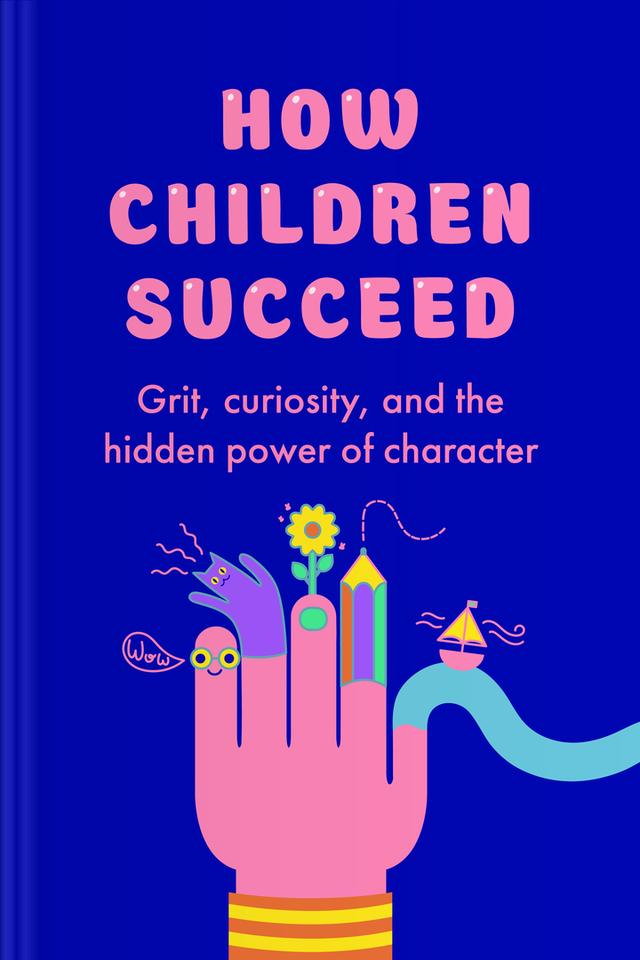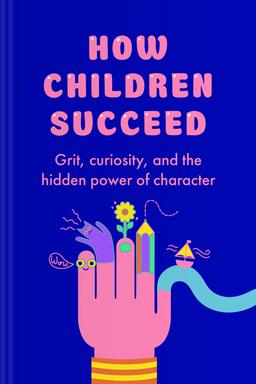You’ll learn
- How a child's environment affects their wellbeing
- Skills to succeed inside and outside the classroom
- Strategies to build your child's character
- The significance of warmth and care for perseverance and focus
Protect the world’s peace. Donate to support Ukraine

first KEY POINT
The school system equips students with diverse tools for enhanced productivity, encompassing techniques, habits, and practical strategies. For example, they learn the value of private speech, so when they receive complex tasks, they go over each step, reminding themselves of what they need to do next. As a result, they learn how to communicate and explain their feelings and thoughts to others.Scientists have discovered that schools operate on a faulty theory of intelligence and have created a new concept regarding how children think and how they can learn fast. It emphasizes that intelligence can only be determined by GPA or college graduation rates. Meanwhile, children believe their cognitive skills help them deal with specific issues and unpredictable situations.
Early detection of these skills gives parents an idea of what interests their child. The best thing parents can do for their children is to allow them to be independent, develop at their own pace, and become strong. Allowing them to navigate life independently fosters resilience and self-belief, which are crucial to their future success. This independence gives them the necessary skills to create healthy relationships and succeed in career endeavors.As children journey through school and life, addressing the many issues they encounter is vital. Stay tuned for more insights on effective ways to facilitate a child's learning journey.
second KEY POINT
The environment the child grows up in significantly impacts their development. An individual's emotional intelligence may be affected by their living conditions, relationship with their parents and peers, and how well their needs are met. A detrimental environment can leave lasting scars, while a positive one equips the child with skills for a healthy, emotionally intelligent adulthood. Understanding how family living standards and subtle communication dynamics impact this development is essential.Certain parenting principles can be divided into two neurological systems. These blueprints take shape during childhood and adolescence, and their influence cannot be understated, especially concerning teenagers.

Continue reading with Headway app
Continue readingfirst KEY POINT
second KEY POINT
third KEY POINT
fourth KEY POINT
fifth KEY POINT
sixth KEY POINT
seventh KEY POINT